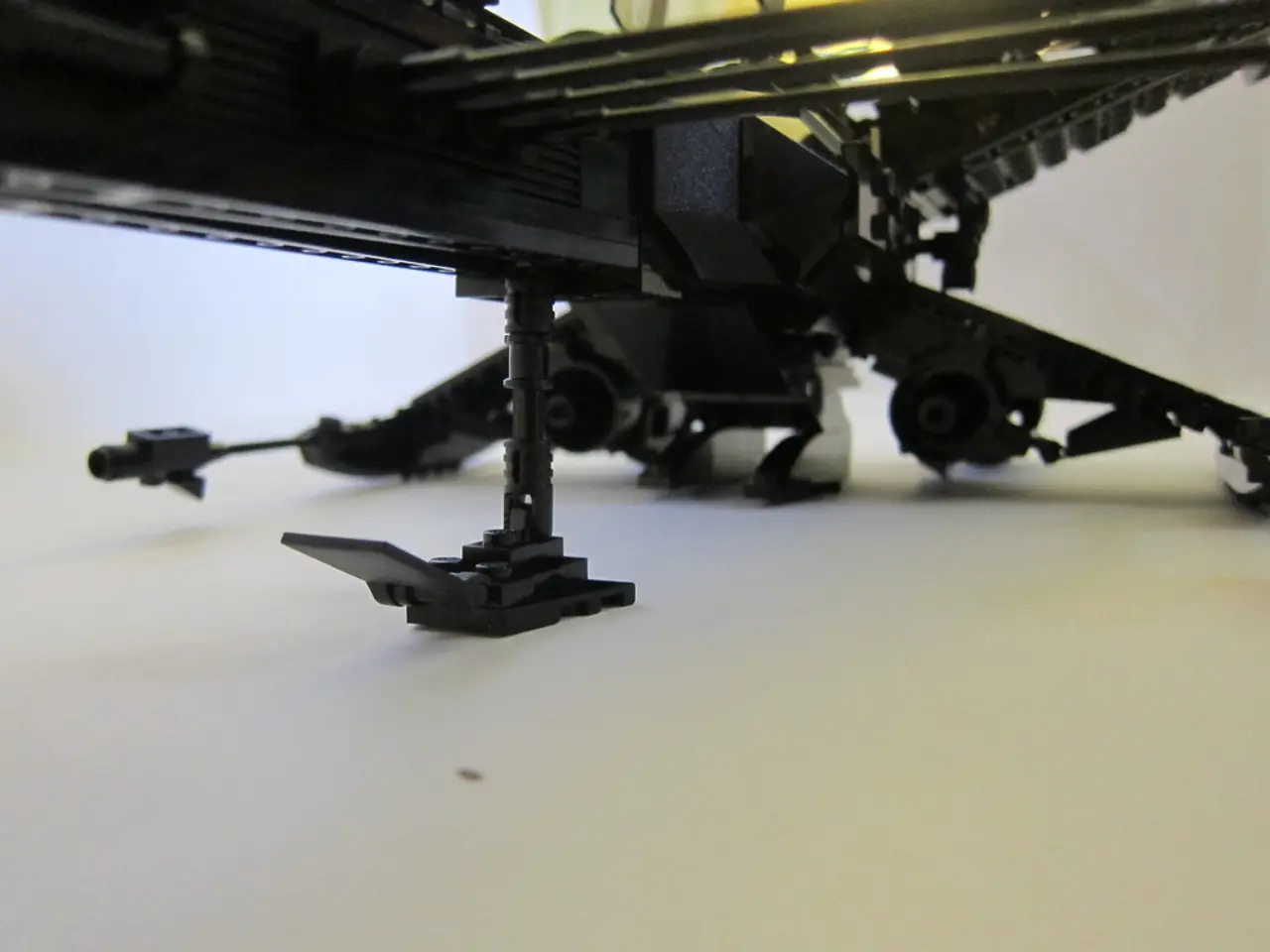Financial boost of 1,700 crore allocated for the development of unmanned navy ships, while the Indian Air Force prepares to arm itself with native bunker-destroying munitions.
The Defence Acquisition Council (DAC) has granted Acceptance of Necessity (AoN) to the Compact Autonomous Surface Craft (CASC), valued at ₹1,700 crore, marking the formal start of its acquisition process for the Indian Navy. This decision is part of a broader modernization effort of Indian armed forces, worth approximately ₹67,000 crore, which includes upgrades to BrahMos missile systems, radars, and drones.
The CASC, designed for anti-submarine warfare, is intended to enhance the Indian Navy's ability to detect, classify, and neutralize underwater threats, thereby improving maritime defense capabilities. The project is part of the Defence Acquisition Procedure (DAP) Make II projects aimed at strengthening self-reliance in the defense sector.
The development of the SAAW, a satellite-guided smart anti-airfield weapon, has also been cleared. The SAAW, weighing 120 kg, can engage a target from a distance of 100 km and is a standoff precision weapon of global standards. It can penetrate bunkers, runways, radars, and other ground targets before exploding to destroy strategic infrastructure.
The SAAW can be fired from fighter aircrafts like SU 30MKI and Jaguars. The DRDO has engaged defence PSU Bharat Dynamics Limited for the development of the SAAW. The user trials of firing the SAAW from SU 30MKI have been completed.
The Indian Navy is seeking 15 CASC vessels for anti-submarine warfare capabilities. These crewless vessels are expected to be developed indigenously, following the delay in the SAAW project that led to a cost escalation from ₹700 crore to ₹970 crore.
The CASC and the SAAW join the Surface-to-Air Anti-Ship Missile (SAAW) that has already been cleared for use by both the Indian Navy and the Indian Air Force. The SAAW's capabilities are similar to those of Israel's Spice precision guided bombs.
In 2019, the Indian Air Force inked a deal with Israel's Rafael Advanced Defense Systems to procure Spice 2000 guided bombs, valued at ₹300 crore. The US Navy has also gone into production of Global Autonomous Reconnaissance Craft for reconnaissance and surveillance missions.
The timeline for the completion and operational deployment of the CASC is not publicly specified, as the project is still in its early-stage procurement phase. However, it is expected to move into subsequent phases such as development, testing, and induction over the next few years.
Read also:
- Expensive Fix for Owner's 392-Mile Lucid Air: Lucid Motors Asking for $7,000
- METABORA and Baligames Join Forces for the Launch of a Web3-Based Puzzle Role-Playing Game
- Sustaining Measures Need to Progress in the Year 2025
- Osteoporosis: Factors Influencing Risk, Identification Methods, and Medical Interventions




